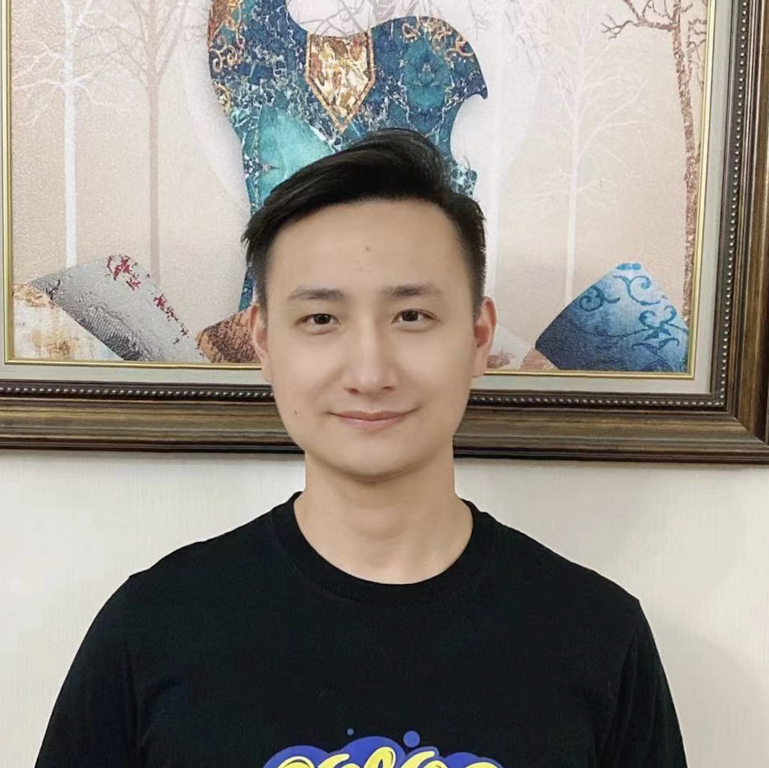SDL is just the library talking to your OS for video/mouse/keyboard/sound, nothing more. It's not a complicated library to use.
The far bigger part of the challenge is making a game.
On the other hand, you do need SDL, or you cannot show anything, or ask about the position of the mouse cursor, mouse clicks, and so on.
My strategy would be to make yourself a basic program that can open a window and talk with the OS about mouse and keys, and then switch to game development.
Extend the SDL interface as needed.
I would suggest you start with SDL, and learn about starting and shutting down an SDL application. You also need a window. Together this is mostly a "hello world" SDL program, of about 1 main function.
Next thing you need is input from the mouse, or keyboard. Find a tutorial to read mouse positions, and one to detect mouse button clicks.
Just a printf("You clicked the %d button at (%d,%d)\n", ...); type of output is sufficient.
For bonus, add a key press/release detection too. I always make the 'q' key quit the program, very useful during development :)
This is mostly the basic setup for a game. Now you can start programming your game around this code.
A few notes:
1. You may want to browse the SDL tutorial or book at some point, so you get a vague idea of what's there. You don't have to understand how they do it, or actually read the tutorial, just the aim of the lessons is sufficient. The whole idea is that somewhere in the back of your mind, you then know "timers", "frame rates", and so on. When you run into a problem with your game, chances are that your mind will connect that background information with your problem at an unexpected moment, which may give you that eureka moment.
2. I don't know how much C++ you know. If you are new, C++ is a complicated beast, it is not a language aimed at new users, so you will have a hard time getting to grips with programming. For faster learning/progress, I would recommend Python. It's a higher level language, very well designed, and with a big community. It has SDL support, in the form of pygame. You will encounter pretty much all issues that you would encounter with C++ too, except Python is simpler to modify/fix, and encourages experimenting. When you are a bit accustomed to programming, you can learn C++, and copy most things you learned in Python to C++.
3. If you're looking for how to start programming a game, read http://www.gamedev.net/page/resources/_/technical/game-programming/your-first-step-to-game-development-starts-here-r2976
Good luck, and if you have further questions, just ask :)








